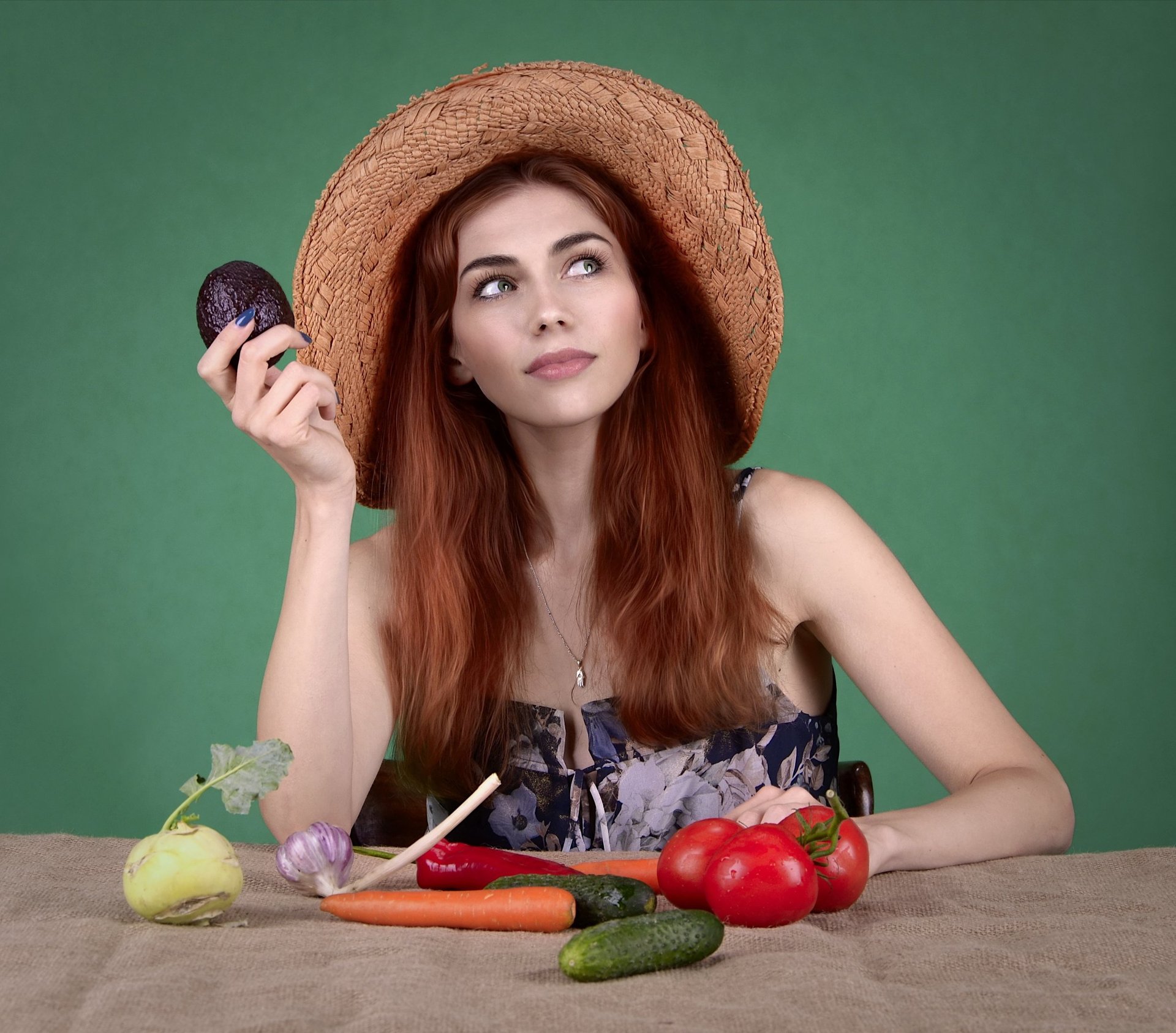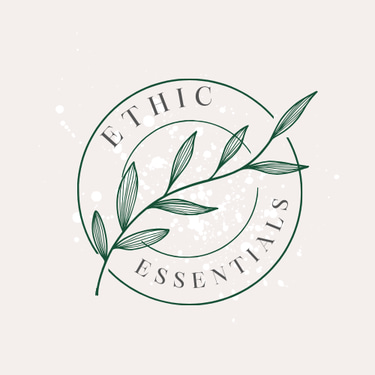
What I Wish I Knew Before Going Vegan
4/23/20253 min read


What I Wish I Knew Before Going Vegan
Deciding to go vegan often starts with a spark—sometimes it's a documentary, sometimes it's an Instagram post, and sometimes it's just a quiet moment of realisation while stirring a cup of tea. Whatever the reason, it tends to come with a mix of motivation, moral clarity, and about fifty questions.
“Where do I get protein?”
“Wait, bread isn’t always vegan?”
“Is it normal to cry in the cheese aisle?”
Let’s cut through the noise. Here’s what’s genuinely useful to know before jumping into veganism—no guilt-tripping, no kale evangelism, just a few things that would’ve been handy to hear sooner.
You will mess up—and that’s not the end of the world.
Mistakes happen. Hidden dairy ingredients, honey in the “natural” granola, Worcestershire sauce (surprise: it contains anchovies). It’s incredibly common to slip up in the beginning—and frankly, even years in.
Veganism isn’t about getting everything right all the time. It’s about doing your best with the information and resources you have.
Cravings are normal—and temporary.
At first, some animal-based foods might still sound appealing. That doesn’t make you a hypocrite; it just means you’ve lived in a culture that romanticises those foods your entire life.
The good news? Cravings tend to fade. Taste buds adapt surprisingly fast, and with so many plant-based alternatives available now, you might find yourself missing less than you expected.
Not everything labelled “vegan” is healthy—and that’s fine.
There’s a common assumption that going vegan means becoming a glowy, yoga-doing, green-juice-drinking vision of health. That’s… not exactly how it works.
Vegan doughnuts, plant-based nuggets, and vegan cheese toasties exist—and they’re here for a reason. You can eat whole foods, you can enjoy the comfort foods, and you don’t need to turn your diet into a wellness project unless you want to.
You don’t have to throw everything out and start from scratch.
There’s a temptation to overhaul your entire life overnight. Out with the leather boots, the milk chocolate, the shampoo with mysterious ingredients. But unless you’ve got an unlimited budget and superhuman willpower, this can be exhausting.
A better approach? Transition gradually. Use up what you have. Start to swap things out bit by bit. Veganism doesn’t need to be an aesthetic rebrand—it’s a set of values that can grow steadily into your life.
Not everyone will be thrilled—and that’s their business.
Announcing you're vegan can sometimes be met with eye-rolls, unsolicited debates, or deeply emotional defences of bacon. It's a little strange, honestly. But it's good to be prepared.
People may feel judged even when you’re just trying to eat lunch. The key is to stay calm, grounded, and kind. You don’t have to convert anyone. Just live by example and let curiosity do its work.
It’s okay to ask questions—lots of them.
Nutrition, food labels, restaurant menus—there’s a lot to learn. And Google, while helpful, can sometimes be a rabbit hole of conflicting information.
Trusted resources are your friend:
Nutrition: Registered dietitians like Jack Norris or Plant Proof are great for cutting through myths.
Cooking: Blogs like BOSH!, Minimalist Baker, and Rainbow Plant Life are lifesavers.
Restaurants: HappyCow is basically the vegan version of Google Maps.
Books: How to Go Vegan by Veganuary and The Vegan Starter Kit by Dr. Neal Barnard are both accessible and straightforward.
Veganism isn’t just a diet—it’s a mindset.
Eventually, most people realise that veganism stretches beyond food. It touches on fashion, cosmetics, entertainment, and more. But this isn’t about moral superiority. It’s about becoming more aware of how our choices ripple outward.
Start where you are. Switch things out when it makes sense. It’s not about being the “perfect vegan.” It’s about being the kind of person who gives a damn, and acts accordingly.
At the end of the day, going vegan is less about restriction and more about expansion. It opens up new ways of thinking, eating, connecting. It can be frustrating at times, yes, but it’s also surprisingly joyful.
If you’re on the edge, just start. Messy, curious, unsure—it all counts. The important thing is to begin.
